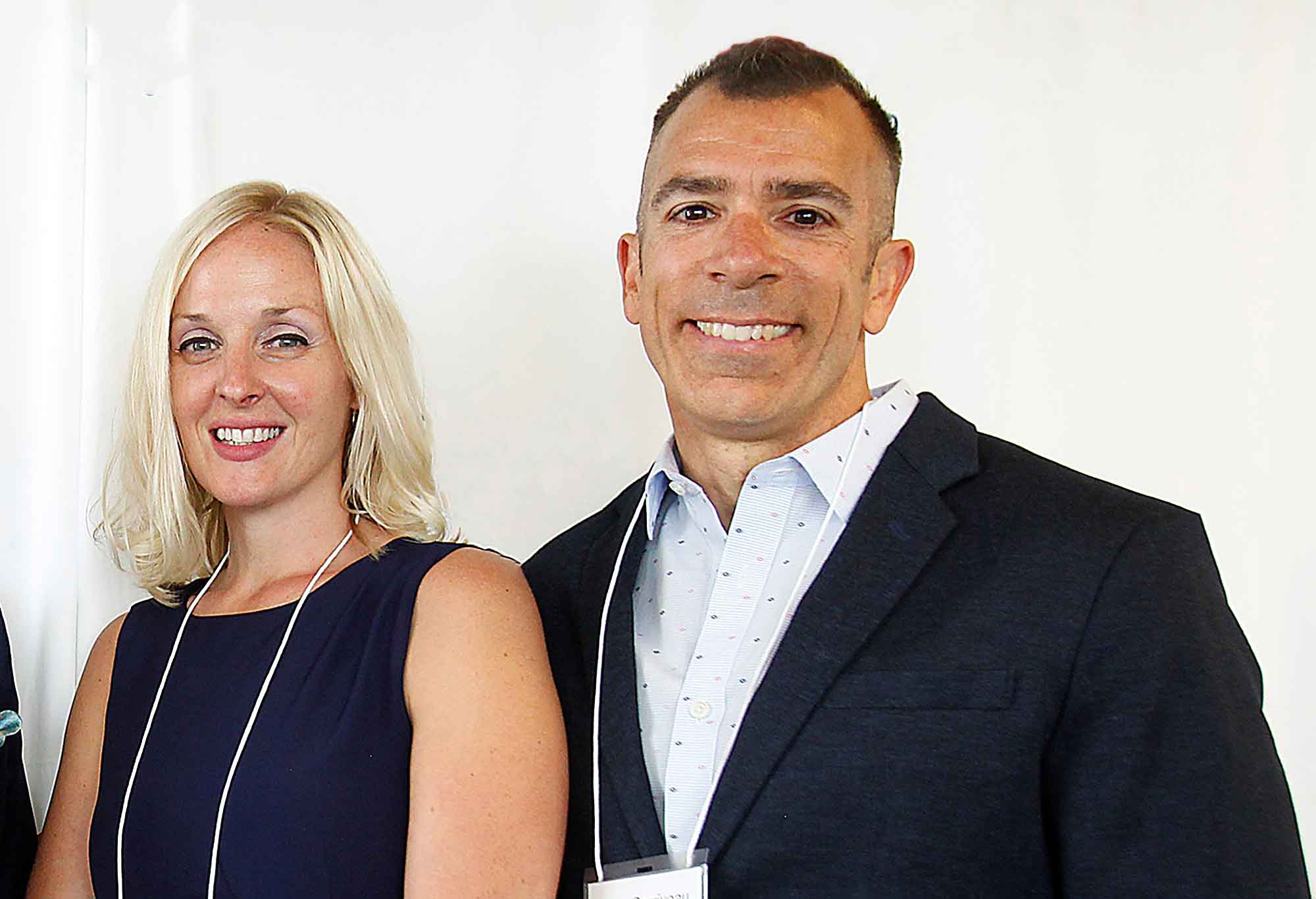
A study led by UWindsor researchers aims to equip Canada with a diverse and inclusive pool of leaders for the clean energy sector of the future.
The Environmental Energy Institute’s Lindsay Miller and Rupp Carriveau say a new research program they’re spearheading will help bridge the gaps between the technical, economic, and political aspects of the nation’s energy sector.
“While our energy systems are presently undergoing an unprecedented spectrum of change, the same cannot be said for the conventional educational pathways that were designed to produce the highly qualified people (HQP) to drive the energy sector,” Dr. Miller says.
Using a multi-stakeholder approach, the initiative will inform clean energy curriculum development and encourage underrepresented minorities to pursue clean energy careers.
As leaders of the Climate Led Energy Evolution Network 2040, Miller and Carriveau have developed an international network of stakeholders across universities, businesses and government agencies with a vested interest in the future of energy systems.
This broad and diverse cross section of clean energy sector stakeholders will help identify gaps between skill sets and current Canadian post-secondary clean energy curriculum.
“Canada’s energy sector is presently in a period of fast transition towards innovative and clean energy solutions,” Miller says. “The insights collected will be used to inform how post-secondary institutions can better prepare HQP who will be entering this sector upon graduation.”
The one-year, $100,000 project is funded by Employment and Social Development of Canada with in-kind support from Electricity Human Resources Canada, Ameresco Inc., and Women and Inclusivity in Sustainable Energy Research.
